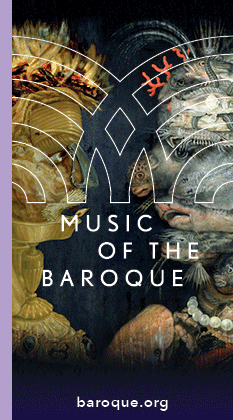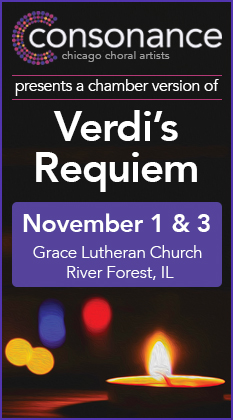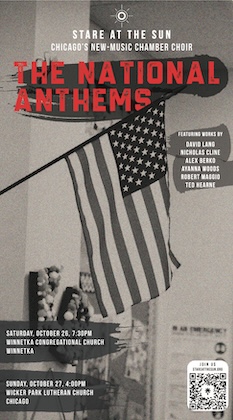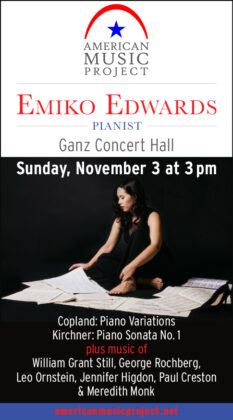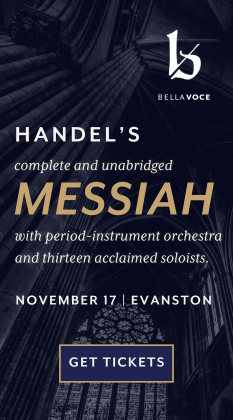Prégardien, Drake deliver rare artistry at Mandel Hall
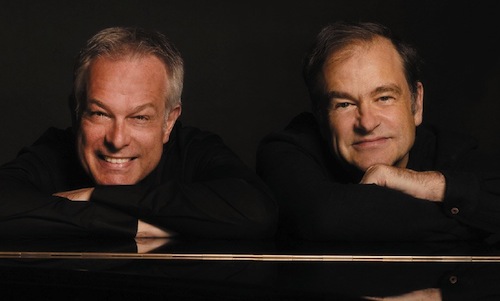
Those hankering for the rare opportunity to hear Christoph Prégardien on American soil must have been pleased Sunday afternoon, when he gave an all-Schubert recital at Mandel Hall as part of the University of Chicago Presents series. At the piano was Julius Drake, perhaps the preeminent lieder accompanist working.
The duo’s program exactly matched that of their 2015 album, Poetisches Tagebuch. The first half was settings of nine poems by Ernest Schulze. These are lesser-known Schubert songs, and perhaps rightly so, lacking the dramatic variety of the better-known songs programmed in the second half. The closing set also featured a clever back-to-back juxtaposition of visions of a carefree life in “Fischerweise” and of a grimly careworn life in “Tötengräbers Heimweh.”
Prégardien is 62 years old. So, it would be customary here to say something about how good he sounded “for his age.” For most of the concert, no such qualifier was necessary. He sounded good, full stop.
His voice maintains its dark, almost baritone-like lower range, and a top that can float with the utmost delicacy in soft passages.
The latter of these qualities was beautifully showcased in “Dass sie hier gewesen,” which opened the second half. Its text speaks of the East Wind gently blowing scents through the air. Prégardien’s voice wafted gently indeed over the perfumed piano chords played with a feathery touch by Drake.
Most exceptional was Prégardien’s emotional range. This was shown to best effect in “Greisengesang” and “Im Walde” D. 708 (not to be confused with “Im Walde” D. 834, which was also on the program). The protagonists of these songs take emotional roller-coaster rides, and Prégardien milked every twist and turn of their journeys. In the closing of “Greisengesang,” the sternly delivered command to “lock your gate” melted into sweetness as he explained that this is to shut out everything but dreams.
Prégardien’s attention to text extended to fine-grained matters of diction. Schubert often ends a strophe by repeating the last line of the text. All good singers know to phrase the line slightly differently the second time, so as to not make the repetition too exact. But Prégardien would sometimes vary it at the level of an individual consonant, such as the word “erwacht” in “Um Mitternacht”: fricative initially, dissolving into the hall the second time.
Prégardien’s only consistent (and noticeable) challenge was with large leaps. To his credit, he did not approach these timidly, but bounded into them with abandon, but often did not land squarely on the note.
Drake and Prégardien’s finest performances of the afternoon came with “Im Frühling” and “Du bist die Ruh” (respectively). Throughout the concert, Drake was unfailingly energetic in the more extroverted songs, and let soft chords linger in the air in the more introverted ones. But in “Im Frühling,” the textures in Schubert’s accompaniment shift subtly. Drake shaded all of these changes with taste and suppleness. Each was audible, but never obtrusive.
“Du bist die Ruh” was simply ravishing. Gossamer tone from both musicians at the beginning. Then, the build-up in the last stanza grew not only in volume (as it always does), but also in radiance and warmth, until the climactic word “erhellt.” Had all else been lackluster, the concert would have been worth it for that performance alone.
The University of Chicago Presents series continues 7:30 p.m. March 2 with Quatuor Ebène playing music of Haydn, Beethoven, and Fauré. chicagopresents.uchicago.edu
Posted in Performances
